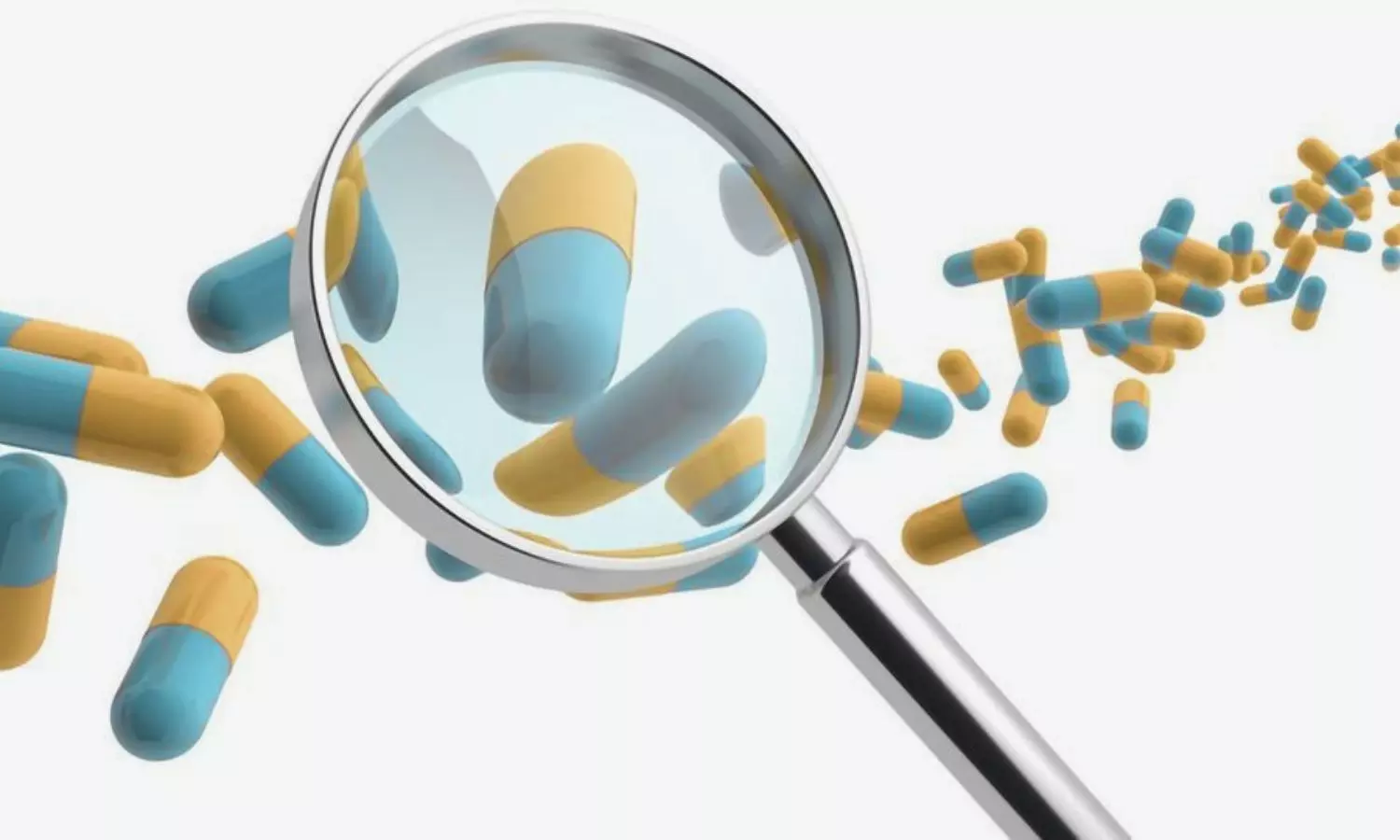After Cough Syrup Deaths, IPC Issues Toolkit to Curb DEG, EG Contamination in Liquid Formulations
- byDoctor News Daily Team
- 18 October, 2025
- 0 Comments
- 0 Mins

New Delhi:In the wake of multiple incidents of contaminated cough syrups containing Diethylene Glycol (DEG) and Ethylene Glycol (EG), the Indian Pharmacopoeia Commission (IPC) has released a comprehensive free toolkit compiling pharmacopoeial and regulatory resources aimed at strengthening safeguards against Diethylene Glycol (DEG) and Ethylene Glycol (EG) contamination in liquid oral medicines, particularly those used for treating allergies, colds, and coughs. The IPC, which plays a central role in ensuring the safety, efficacy, and quality of medicines in India, said the toolkit is designed to serve as a comprehensive reference for excipients and raw material suppliers, drug manufacturers, testing laboratories, and regulatory authorities. The initiative aligns with the government’s heightened focus on preventing toxic glycol contamination, which has been linked to several global incidents of child fatalities. The newly issued resource compiles key general chapters and monographs from the Indian Pharmacopoeia (IP), reference standards, and relevant international guidance documents. It provides stakeholders with validated methods and frameworks to detect impurities, verify excipient integrity, and maintain compliance with established pharmacopeial standards. By implementing these references, manufacturers can strengthen quality control mechanisms for high-risk excipients and ensure that liquid oral formulations meet safety norms. General Chapters and General Monographs in the IP provide foundational principles, standardized test methods, and quality assurance procedures that are applicable across multiple monographs. These chapters serve as essential references for ensuring consistency in analytical testing and manufacturing practices. In the context of DEG and EG contamination, relevant general chapters offer validated methods and quality control frameworks that help manufacturers detect impurities, assess excipient integrity, and maintain compliance with pharmacopeial standards. By implementing these chapters effectively, stakeholders can strengthen control over high-risk excipients and safeguard the quality and safety of liquid oral formulations. General Chapter {2.4.13} Gas Chromatography—Analytical procedure for performing gas chromatography General Monograph Oral Liquids—Mandatory quality tests to be performed on finished formulations Excipient Monographs Covered Quality specifications for key excipients prone to contamination have been listed under the following IP monographs: Liquid Maltitol Polyethylene Glycol 1500 Polyethylene Glycol 4000 Polyethylene Glycol 6000 Propylene Glycol Sorbitol Solution (70%) – Crystallising Availability of IP Reference Standards (IPRS) To ensure analytical accuracy and result traceability, IPC announced the availability of the following IP Reference Standards (IPRS): Diethylene Glycol IPRS Ethylene Glycol IPRS Glycerin (Glycerol) IPRS Propylene Glycol IPRS Sorbitol IPRS Maltitol (Mannitol Impurity B) IPRS These standards can be accessed and purchased through the IPC’s online store at https://onlinestore.ipc.gov.in/jspui/products Queries related to procurement can be addressed to sales-ipc@gov.in Testing Guidance by IPC The Commission has also issued a detailed guidance document — IPC/GD/11: Testing of Diethylene Glycol and Ethylene Glycol in Liquid Orals by Gas Chromatography — providing validated protocols for laboratories conducting DEG and EG analysis. Legislations and Government Advisories The toolkit consolidates recent regulatory actions and advisories issued by the Government of India to strengthen quality compliance across the pharmaceutical supply chain: CDSCO Advisory: Mandating strict compliance with the Drugs Rules, 1945 for testing both raw materials and finished formulations. G.S.R. 922 (E): Notification on the Revised Schedule M, enhancing Good Manufacturing Practice (GMP) norms. DGHS Advisory: On the rational use of cough syrups in paediatric populations. CDSCO Advisory: Emphasizing the use of pharma-grade excipients in all formulations. NABL-Accredited Labs List: Enumerating approved private testing laboratories authorized for testing cough syrups intended for export. Supporting Global References To promote harmonization with international standards, the IPC toolkit also includes: To view the official document, click the link below:
Disclaimer: This website is designed for healthcare professionals and serves solely for informational purposes.
The content provided should not be interpreted as medical advice, diagnosis, treatment recommendations, prescriptions, or endorsements of specific medical practices. It is not a replacement for professional medical consultation or the expertise of a licensed healthcare provider.
Given the ever-evolving nature of medical science, we strive to keep our information accurate and up to date. However, we do not guarantee the completeness or accuracy of the content.
If you come across any inconsistencies, please reach out to us at
admin@doctornewsdaily.com.
We do not support or endorse medical opinions, treatments, or recommendations that contradict the advice of qualified healthcare professionals.
By using this website, you agree to our
Terms of Use,
Privacy Policy, and
Advertisement Policy.
For further details, please review our
Full Disclaimer.
Recent News
Karnataka's plan to set up new GMCs under PPP mode...
- 20 October, 2025
UP to set up 15 temporary hospitals for Ayodhya De...
- 20 October, 2025
Rajasthan HC issues contempt notices to state for...
- 20 October, 2025
Maha constitutes panel to draft policy on mental h...
- 20 October, 2025
Daily Newsletter
Get all the top stories from Blogs to keep track.


0 Comments
Post a comment
No comments yet. Be the first to comment!